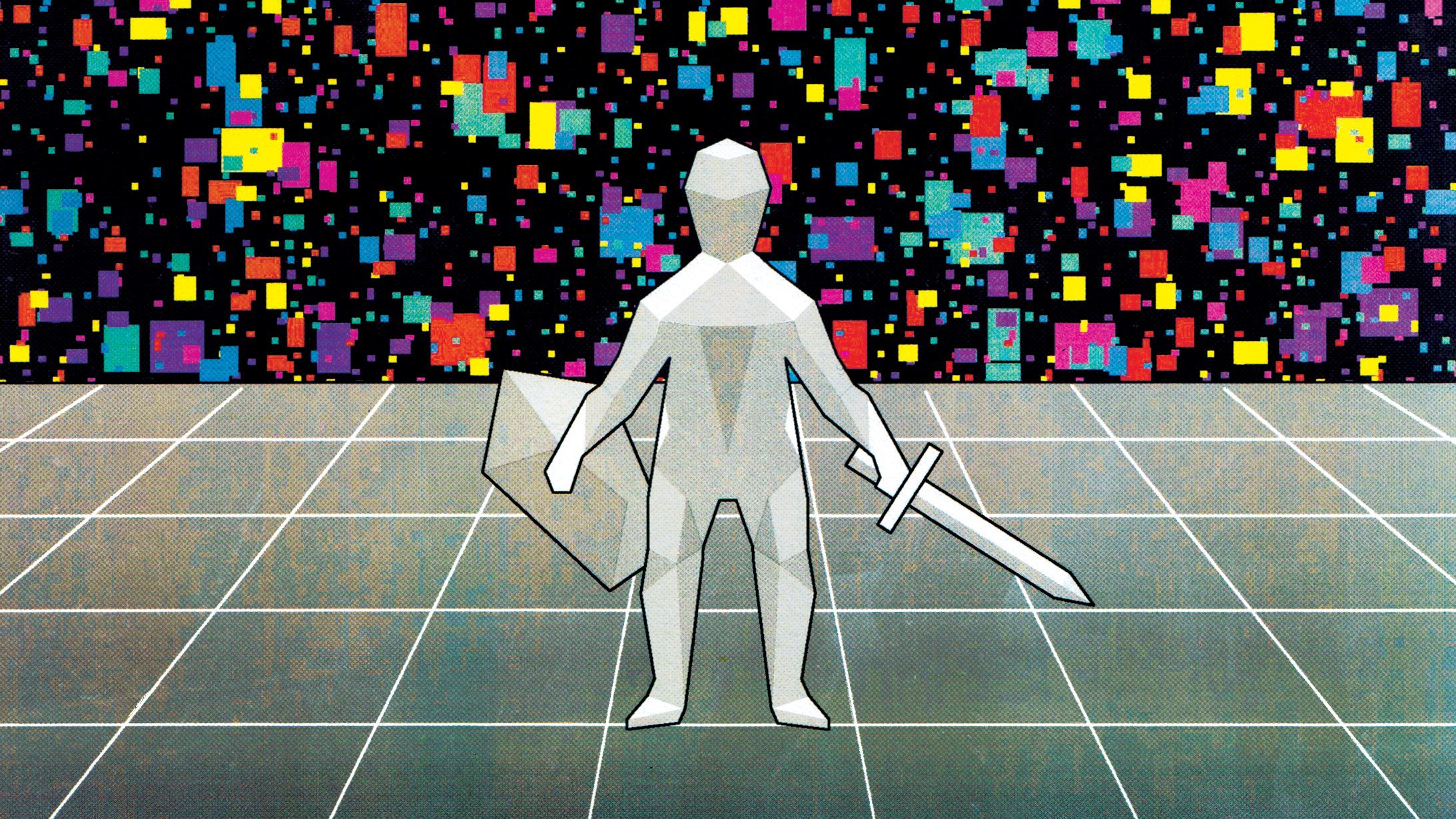The Download: DeepSeek forces a reality check, and robotaxis’ future
This is today’s edition of The Download, our weekday newsletter that provides a daily dose of what’s going on in the world of technology.
AI’s energy obsession just got a reality check
Just a week in, the AI sector has already seen its first battle of wits under the new Trump administration. The clash stems from two key pieces of news: the announcement of the Stargate project, which would spend $500 billion—more than the Apollo space program—on new AI data centers, and the release of a powerful new open-source model from China.
Together, they raise important questions the industry needs to answer about the extent to which the race for more data centers—with their heavy environmental toll—is really necessary.
If, in dissecting DeepSeek R1, AI companies discover some lessons about how to make models use existing resources more effectively, perhaps constructing more and more data centers won’t be the only winning formula for better AI. Read the full story.
—James O’Donnell
This story originally appeared in The Algorithm, our weekly newsletter on AI. To get stories like this in your inbox first, sign up here.
Robotaxis: 10 Breakthrough Technologies 2025
If you live in certain cities in America or China, you’ve probably spotted driverless cars dropping off passengers. Perhaps you’ve even ridden in one yourself. That’s a radical change from even three years ago, when these services were still learning the rules of the road. And robotaxis could soon be operating in many more cities.
After years of beta testing, driverless taxis are now finally becoming available to the public. In more than a dozen cities worldwide, riders can summon one whenever they want. Now, the biggest players are ramping up for intense competition as they expand into new cities under regulators’ watchful eyes. Read the full story.
—Rhiannon Williams
Robotaxis is one of our 10 Breakthrough Technologies for 2025, MIT Technology Review’s annual list of tech to watch. Check out the rest of the list, and cast your vote for the honorary 11th breakthrough.
The must-reads
I’ve combed the internet to find you today’s most fun/important/scary/fascinating stories about technology.
1 DeepSeek’s AI model is sending US data to China
Which could open it up to a lot of scrutiny in the US. (Wired $)
+ The model’s popularity has made it a cyber attack target. (The Guardian)
+ The company was forced to limit the number of new users registering. (The Verge)
+ How a top Chinese AI model overcame US sanctions. (MIT Technology Review)
2 DeepSeek’s success is emboldening other Chinese startups
Moonshot and Zhipu are among the firms racing to capitalize on the world’s attention. (FT $)
+ DeepSeek mania has gripped the world and shaken the markets. (404 Media)
+ The country is cheering on its homegrown success story. (Bloomberg $)
+ …And many Americans are impressed by it, too. (The Atlantic $)
3 Microsoft has entered the fray to buy TikTok
According to Donald Trump, at least. (WP $)
+ Microsoft had originally floated buying the app back in 2020. (Reuters)
4 Google Maps is changing the Gulf of Mexico to Gulf of America
But users in Mexico will continue to see its original name. (CNBC)
+ Other countries across the world will be presented with both names. (Forbes $)
5 Scammers are using AI to create blackmail videos
The clips feature AI-generated news anchors reporting on sextortion cases. (Wired $)
+ An AI startup made a hyperrealistic deepfake of me that’s so good it’s scary. (MIT Technology Review)
6 Amazon is seeking permission to fly drones in the North of England
The retail giant is lagging behind other drone projects in the UK.(The Guardian)
7 This new fertility treatment could be a viable IVF alternative
As well as a much less painful, invasive procedure. (The Atlantic $)
+ This biotech CEO decided to take her own (fertility) medicine. (MIT Technology Review)
8 Yahoo is determined to become cool again
By capitalizing on our obsession with nostalgia. (Insider $)
9 The Pebble smartwatch is back
Almost a decade after Fitbit bought the company, it’s relaunching. (The Verge)
+ But it’s going to need a new name. (TechCrunch)
10 How to measure the shape of the universe
Subtle signals could help us to map it out. (Quanta Magazine)
+ Why is the universe so complex and beautiful? (MIT Technology Review)
Quote of the day
“It’s legit invigorating to have a new competitor!”
—OpenAI boss Sam Altman says he’s not worried at all by the success of open-source AI model DeepSeek R1 in a post on X.
The big story
Meet the divers trying to figure out how deep humans can go
February 2024
Two hundred thirty meters into one of the deepest underwater caves on Earth, Richard “Harry” Harris knew that not far ahead of him was a 15-meter drop leading to a place no human being had seen before.
Getting there had taken two helicopters, three weeks of test dives, two tons of equipment, and hard work to overcome an unexpected number of technical problems. But in the moment, Harris was hypnotized by what was before him: the vast, black, gaping unknown.
Staring into it, he felt the familiar pull—maybe he could go just a little farther. Instead, he and his diving partner, Craig Challen, decided to turn back. That’s because they weren’t there to set records. Instead, they were there to test what they saw as a possible key to unlocking depths beyond even 310 meters: breathing hydrogen. Read the full story.
—Samantha Schuyler
We can still have nice things
A place for comfort, fun and distraction to brighten up your day. (Got any ideas? Drop me a line or skeet ’em at me.)
+ How to make a tasty mocktail like a pro. 
+ Happy birthday to the one and only Billy Ocean, who recently turned the ripe old age of 75.
+ Fans of video game Deep Rock Galactic are a rarity—a kind, welcoming and friendly gaming community.
+ Hongbao, the little red envelopes given out at Lunar New Year, have a long and fascinating history. 
















